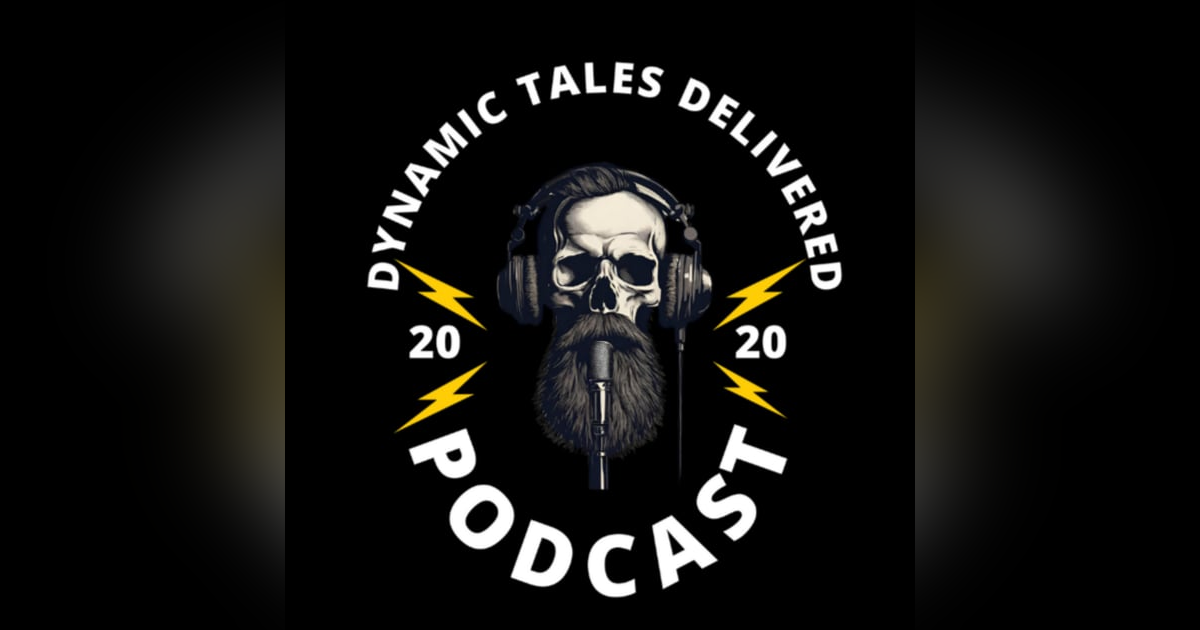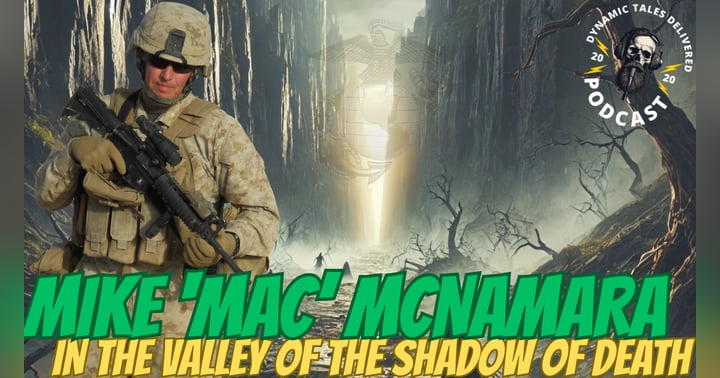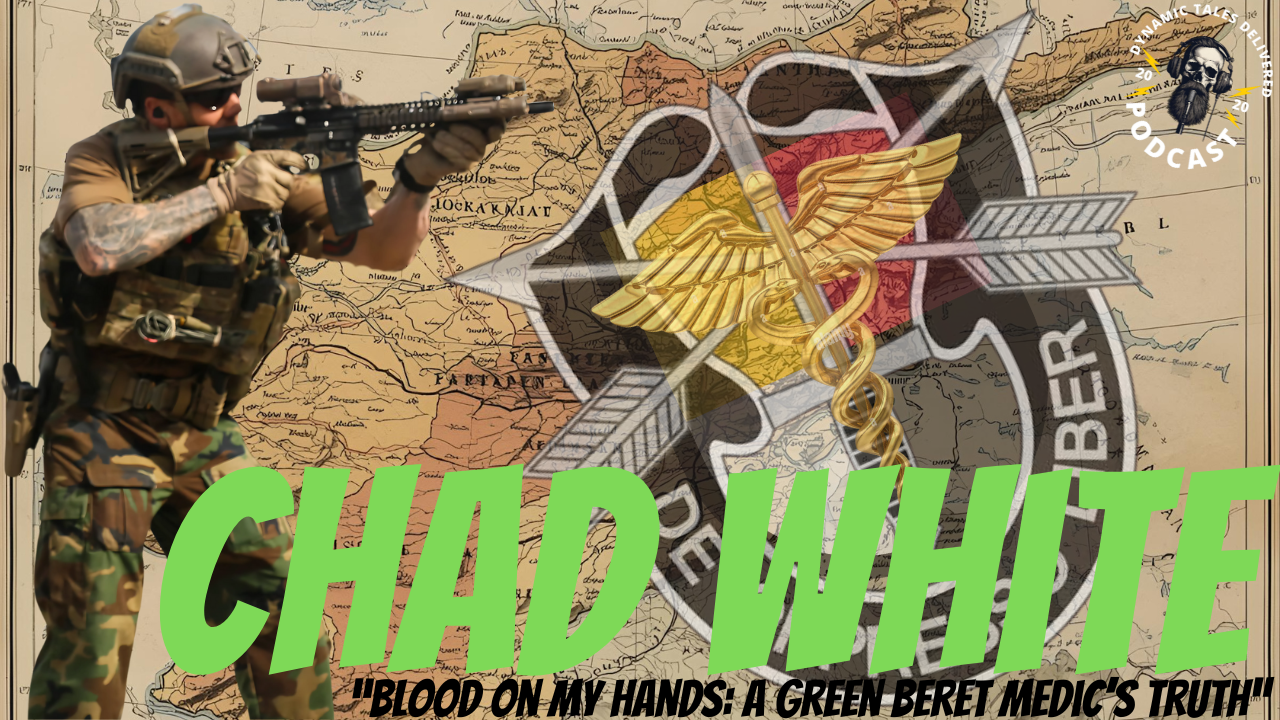Chad White: The Burden of Healing and the Cost of War
When Chad White joined the military in 2003, he carried the same fire many young men of his generation felt after 9/11 — a restless urgency to serve and fight. What he didn’t yet know was that his path would lead him to one of the heaviest burdens in Special Operations: the role of a medic.
“For me, saving someone’s life was the epitome of my time on active duty,” Chad recalls. “You’re giving someone a chance to keep making a difference in the world. That was an honorable thing to be a part of.” Yet the role of a Special Forces medic is dual-edged — to preserve life, but also to take it. That paradox shaped his career and his soul.
Chad’s journey wasn’t linear. He started in the Navy, chasing the dream of becoming a SEAL, but setbacks and politics pushed him away from that path. Through mentorship, he found his true place in the Army’s Green Berets. Over 13 years in Special Forces, he deployed across the globe, developed lifesaving medical programs at the schoolhouse, and carried the weight of countless brothers’ lives on his shoulders.
But no story marked him more deeply than February 2014. During a mission in Afghanistan, his team suffered an insider attack. Roberto “Tico” Skelt, a larger-than-life figure and trusted mentor, was the first man shot. Chad rushed to save him.
“I felt his weak and thready pulse get weaker and weaker until it stopped,” he remembers. “I didn’t want to move on. But I had teammates screaming in pain. So I grabbed my bag and went to work.” That moment — forced to let go of one brother to save another — still haunts him. It represents the impossible choices medics must carry home, choices that carve scars no one can see. https://greenberetfoundation.org/memorial/roberto-skelt/
Chad speaks candidly about how he tried to bury those scars with alcohol, avoiding the grief that came with memorials, family funerals, and the unrelenting silence after combat. “I got to a dark place,” he admits. “But with the help of friends, mentors like Chris Free, and ultimately God’s grace, I started the long process of healing.” For Chad, that path included confronting moral injury, brain trauma, and new therapies like ketamine infusions.
Today, he’s a voice for veterans wrestling with the same demons, reminding them that their identity is more than the uniform. “You were always you,” he tells others. “The military didn’t make you who you are — it just gave you the chance to use your gifts.”
His story is not only about service, but survival. It’s about the weight of saving lives while losing others, about the brokenness that follows war, and about finding a way to carry those burdens forward with purpose.
Chad White’s journey reminds us of the true cost of war: not only in blood spilled on foreign soil, but in the invisible battles fought long after the uniform comes off.











